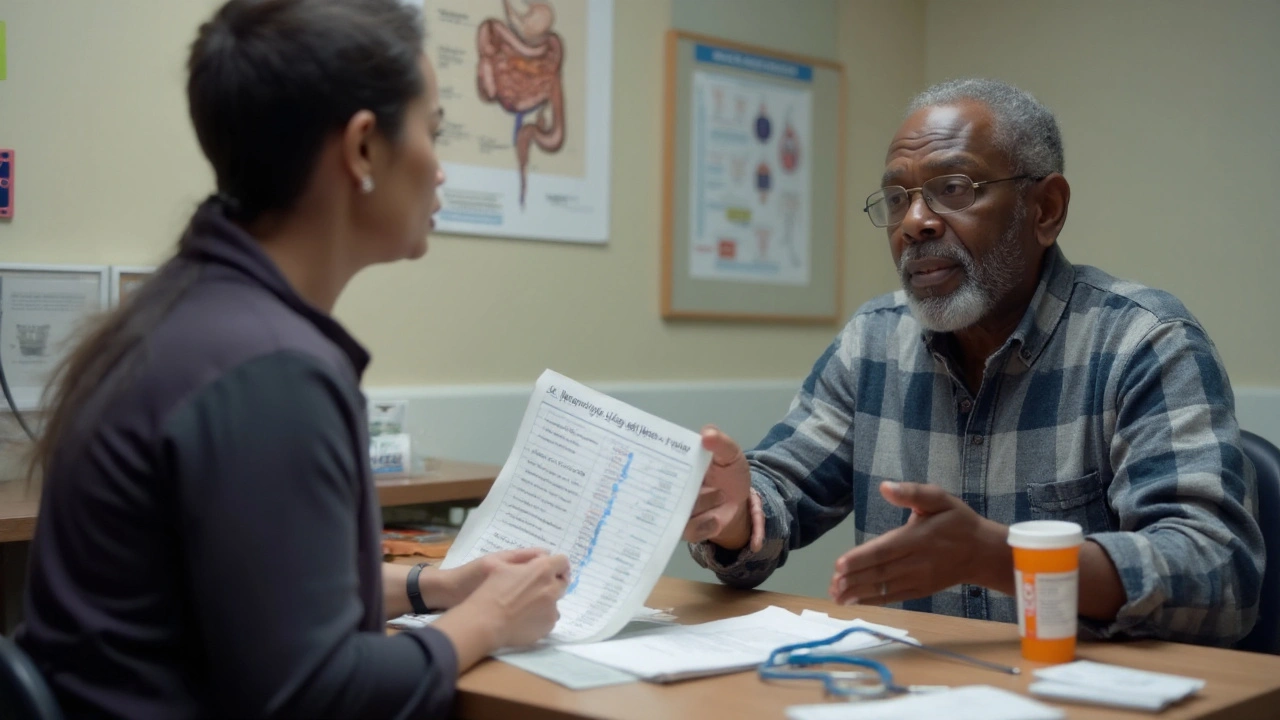DILI – What You Need to Know About Drug‑Induced Liver Injury
When a medicine hurts your liver, doctors call it DILI. It’s short for drug‑induced liver injury, and it happens more often than you might think. Knowing the basics can stop a small problem from turning into a serious one.
Common Drugs That Cause DILI
Almost any medication has the potential to affect the liver, but some show up on the list again and again. Over‑the‑counter pain relievers like acetaminophen (Tylenol) are top offenders when people take too much or mix them with alcohol. Prescription antibiotics such as amoxicillin‑clavulanate and fluoroquinolones also have a reputation for liver trouble.
Statins, the cholesterol‑lowering pills, can cause mild enzyme bumps in a few users. Antifungal drugs (for example, fluconazole) and anti‑seizure meds like valproic acid are other frequent suspects. Herbal supplements aren’t safe either; green tea extract and kava have been linked to liver stress.
What matters most is not the name of the drug but how you use it. Taking a higher dose, skipping regular blood tests, or using multiple drugs at once raises the risk dramatically.
How to Spot and Manage DILI
The first warning signs are often vague: fatigue, loss of appetite, nausea, or an unexplained yellow tint in the skin or eyes. If you notice any of these while on a new medication, call your doctor right away.
Your doctor will likely order liver function tests (ALT, AST, bilirubin). Elevated numbers confirm that something is irritating the liver. The most effective step is to stop the offending drug, but never do this without medical guidance because some medications need a tapering plan.After stopping the culprit, most people see their liver enzymes improve within weeks. In rare cases where injury is severe, doctors may prescribe steroids or other treatments to calm inflammation. Recovery depends on how quickly the problem is caught and whether any underlying liver disease exists.
Prevention starts with good communication. Keep an up‑to‑date list of every prescription, over‑the‑counter drug, and supplement you take. Share that list with each new prescriber, especially if you have a history of liver issues. Ask for baseline blood work before starting a medication known to affect the liver.
Stay clear of alcohol while on potentially hepatotoxic drugs; even moderate drinking can push a safe dose over the edge. Hydration and a balanced diet also help the liver detoxify more efficiently.
If you’re worried about a specific medicine, search for its DILI risk or ask your pharmacist. Most pharmacies keep safety sheets that outline common side effects, including liver concerns.
Bottom line: DILI is preventable in many cases if you stay alert, monitor symptoms, and involve health professionals early. A quick lab test can save months of trouble, and stopping the right drug at the right time often lets your liver bounce back without lasting damage.

